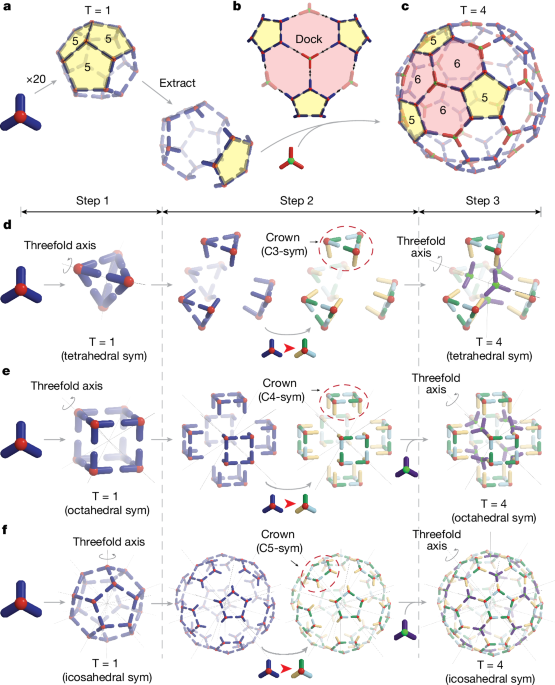Welcome to the new world of bioengineering.
Scientists have now designed protein polymers from scratch. Even ones not found in nature.

 www.nature.com
www.nature.com
This pertains directly to cell surface proteins, viruses, and a host of other applications.
Scientists have now designed protein polymers from scratch. Even ones not found in nature.

Four-component protein nanocages designed by programmed symmetry breaking - Nature
Using viral capsid architectures as template for design, higher triangulation number nanocages that require symmetry breaking offer potential advances in targeted delivery and antigen-displaying vaccines.
This pertains directly to cell surface proteins, viruses, and a host of other applications.
